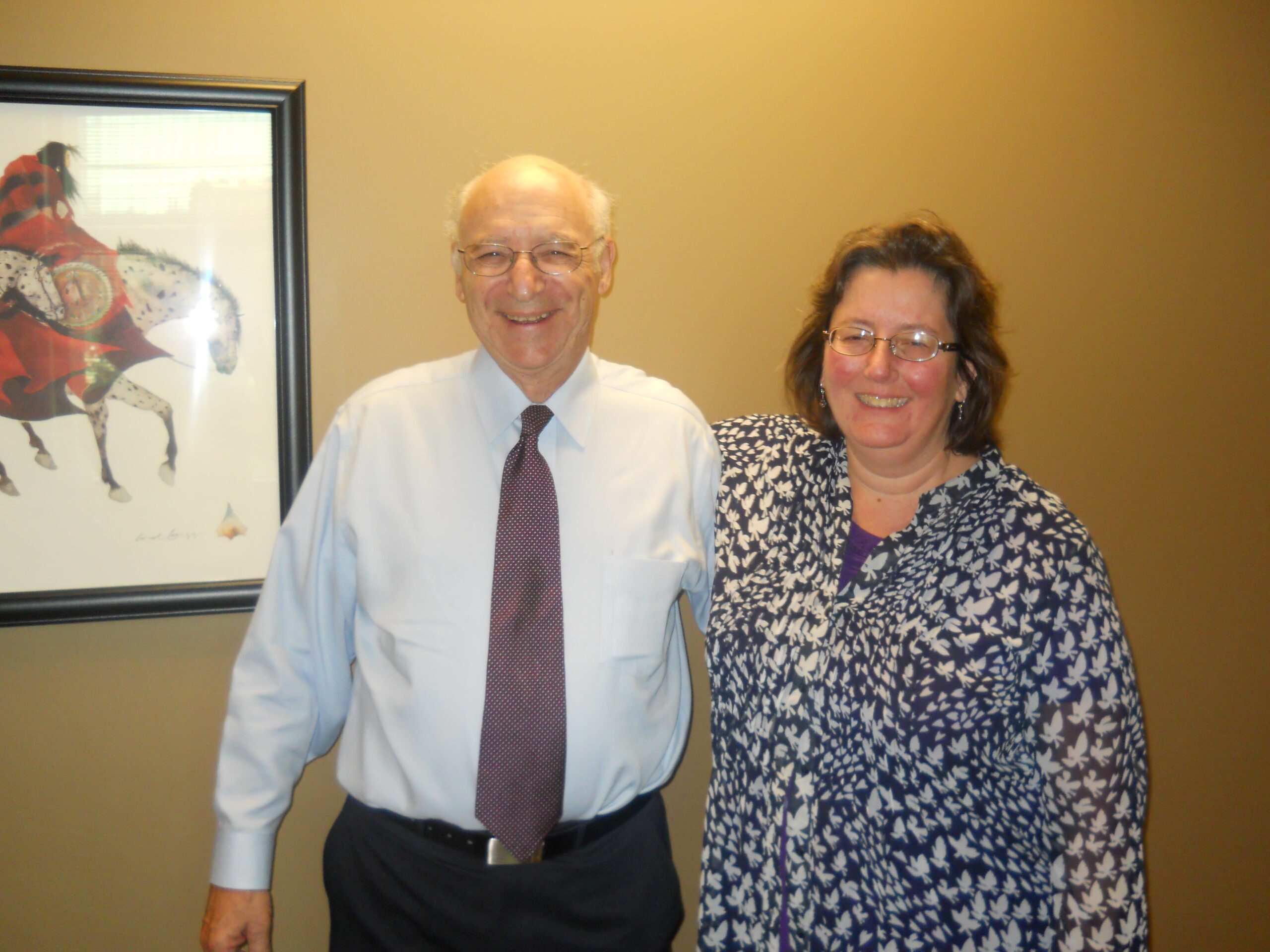Charles Brennan provided testimony in support of House Bill 24-1129, Protections for Delivery Network Company Drivers. CCLP is in support of HB24-1129.
Recent articles
CCLP testifies in support of TANF grant rule change
CCLP's Emeritus Advisor, Chaer Robert, provided written testimony in support of the CDHS rule on the COLA increase for TANF recipients. If the rule is adopted, the cost of living increase would go into effect on July 1, 2024.
CCLP testifies in support of updating protections for mobile home park residents
Charles Brennan provided testimony in support of House Bill 24-1294, Mobile Homes in Mobile Home Parks. CCLP is in support of HB24-1294.
CCLP’s legislative watch for April 5, 2024
For the 2024 legislative session, CCLP is keeping its eye on bills focused on expanding access to justice, removing administrative burden, preserving affordable communities, advocating for progressive tax and wage policies, and reducing health care costs.
20th Anniversary Milestones: How CCLP’s Conversion Advocacy Changed Philanthropy in Colorado

In celebrating the 20th anniversary of Colorado Center on Law and Policy, we are publishing a series of vignettes about the organization’s most significant accomplishments.
Over the last 20 years, CCLP has been a vital watchdog when health care nonprofits are acquired by for-profit entities by ensuring that these transactions are valued fairly, the proceeds are dedicated to the public good, and the resulting foundations use the proceeds to support the health of the public. Ultimately, this work has benefitted Coloradans most in need of assistance.
“We’re responsible for hundreds of millions of dollars more being spent in the provision of health care to low-income people and to poorer parts of Colorado,” said Ed Kahn, an attorney who helped found CCLP and acted as lead counsel in some of Colorado’s largest conversion cases.
Kahn represented the public interest when the nonprofit insurer Blue Cross Blue Shield of Colorado was sold to the for-profit Anthem Inc. in the late 1990s. Earlier, Kahn helped draft legislation that established the legal parameters for such deals. The Blue Cross conversion led to the creation of the Caring for Colorado Foundation in 1999 from the proceeds of that sale. Due in part to CCLP’s involvement, Kahn noted, the Caring for Colorado Foundation’s valuation was set about $55 million higher than Anthem’s initial offer of $100 million.
The Caring for Colorado Foundation reported $201 million in assets and awarded 106 grants totaling more than more than $6.63 million to organizations throughout Colorado in 2017. Last year, the foundation funded nonprofits that specialize in children’s mental health and dental work for the medically underserved along with many other nonprofit organizations, including CCLP.
In the early 2000s, as a result of Kahn’s advocacy, the Colorado Health Foundation (then a partner of for-profit HCA in the HealthONE joint venture) dramatically increased its annual funding to community organizations. This came after Kahn filed complaints with the Internal Revenue Service and Colorado’s Attorney General because the foundation’s failure to grant a more substantial share of its funds violated federal and state law. Today, the Colorado Health Foundation has $2.4 billion in assets, partly as a result of the sale of its interest in the HCA-HealthONE partnership. In 2016, the foundation awarded more than $94 million in grants and contributions to nonprofit organizations, government agencies and other groups to improve the health and health care of Coloradans.
In 2016, Kahn and CCLP staff, including Health Care Program Director Elisabeth Arenales and Health Care Attorneys Bethany Pray and Allison Neswood, successfully made the case to Colorado’s Attorney General for preserving the full fair-market value of InnovAge for public purposes in Colorado. InnovAge, a nonprofit that converted to for-profit status, provides community-based comprehensive care for people in need of long-term services and support. In addition to arguing that the value of InnovAge was $16 million higher than the proposed acquisition amount, Kahn and CCLP maintained that assets from the conversion should primarily benefit Colorado’s frail elderly and disabled people rather than being dispersed in other states. In her decision approving the conversion, Attorney General Cynthia Coffman increased InnovAge’s valuation and ordered that 80 percent of InnovAge’s value remain in Colorado for the benefit of frail elderly and disabled Coloradans. Coffman also ordered InnovAge to fund an ombudsman to oversee the interests of InnovAge clients.
As a result of the sale, $202 million (including $15 million held in escrow) created the Next 50 Initiative foundation. Next 50 Initiative is committed to awarding $8 million in its first year for programs and products that improve the lives and capacities of people over age 50.
In addition to these matters, CCLP helped establish the right to attorneys’ fees when a common fund is established from an insurance company conversion. CCLP also worked on several smaller conversions, including the 2017 acquisition of the nonprofit health insurer Rocky Mountain Health Plans by UnitedHealthcare.
Kahn credits former Attorneys Mary Catherine Rabbitt and Christy Murphy (later CCLP Executive Director) and Jean Dubofsky for indispensable assistance in CCLP’s nonprofit conversion work.
-By Bob Mook





